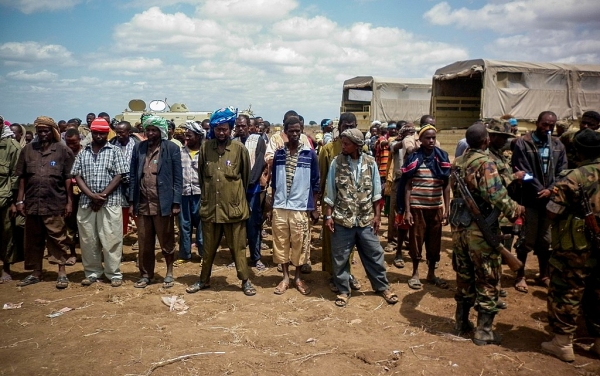The last terrorist attack in Somalia dates back to Friday, August 2, 2024, claimed by the terrorist group al-Shabaab. On Mogadishu's Lido Beach, a popular location for both leisure and small business activities such as local markets, an open clash occurred between militants and Somali security forces, culminating in a suicide attack by one of the group's members. The massive explosion resulted in 37 deaths and 200 confirmed injuries, making it one of the most violent suicide attacks in the Somali capital in the past two years – second only to the terrorist attacks that struck the city in October 2022 (causing over 400 casualties between deaths and injuries).
The UN widely condemned the attack, including direct statements from Secretary-General A. Guterres and J. Swan(Special Representative of the Secretary-General for Somalia). Both took the opportunity to draw global attention and that of the Security Council to the fragile situation in Somalia – a failed state for over two decades, grappling with an unprecedented climate and food crisis while being held hostage by Islamist militants.
Al-Shabaab has been active in Somalia since 2002, becoming a long-standing and stable affiliate of Al-Qaeda in the Horn of Africa. Over the years, Al-Shabaab has developed various tactics, engaging in human trafficking, arms smuggling, and money laundering, growing strong enough to wrest territorial control from the legitimate state authority. Notably, in 2011, the jihadist group reached the peak of its territorial expansion, with 80% of the nation de facto under Al-Shabaab's rule, where they collected taxes (the Zakat) and blocked access to humanitarian aid. Over the years, the critical situation in Somalia necessitated joint counter-insurgency and peacekeeping missions; the most recent is the African Union-led AMISOM mission, operating under the UN's auspices.
Despite some progress in pushing back the jihadist insurgency, the participating states in the mission are gradually reducing their troops, which leaves Al-Shabaab with ample opportunities for expansion at the expense of civilians. Beyond the brutality of its attacks, the group's territorial strategy persists, aimed at recruitment, territorial conquest, and subjugation of the population. Reports cite the burning of the few cultivated fields in arid Somalia, livestock killings, village pillaging, water poisoning in wells, the imposition of payments to access water sources, and assaults on humanitarian aid sent by the UN and various NGOs.
In conclusion, Somalia's citizens have been under direct and indirect threat from Islamic terrorism for two decades – with little hope for change. This adds to the daily struggles of drought, disease, and widespread poverty, forcing many to seek refuge across borders or in the few overcrowded camps set up and managed by UN agencies alongside other humanitarian organizations.
To read more, please visit:
- https://news.un.org/en/story/2024/08/1152806
- https://news.un.org/en/story/2024/06/1151396
- https://unsom.unmissions.org/united-nations-condemns-terrorist-attack-mogadishu-beach
- https://press.un.org/en/2024/sc15741.doc.htm







